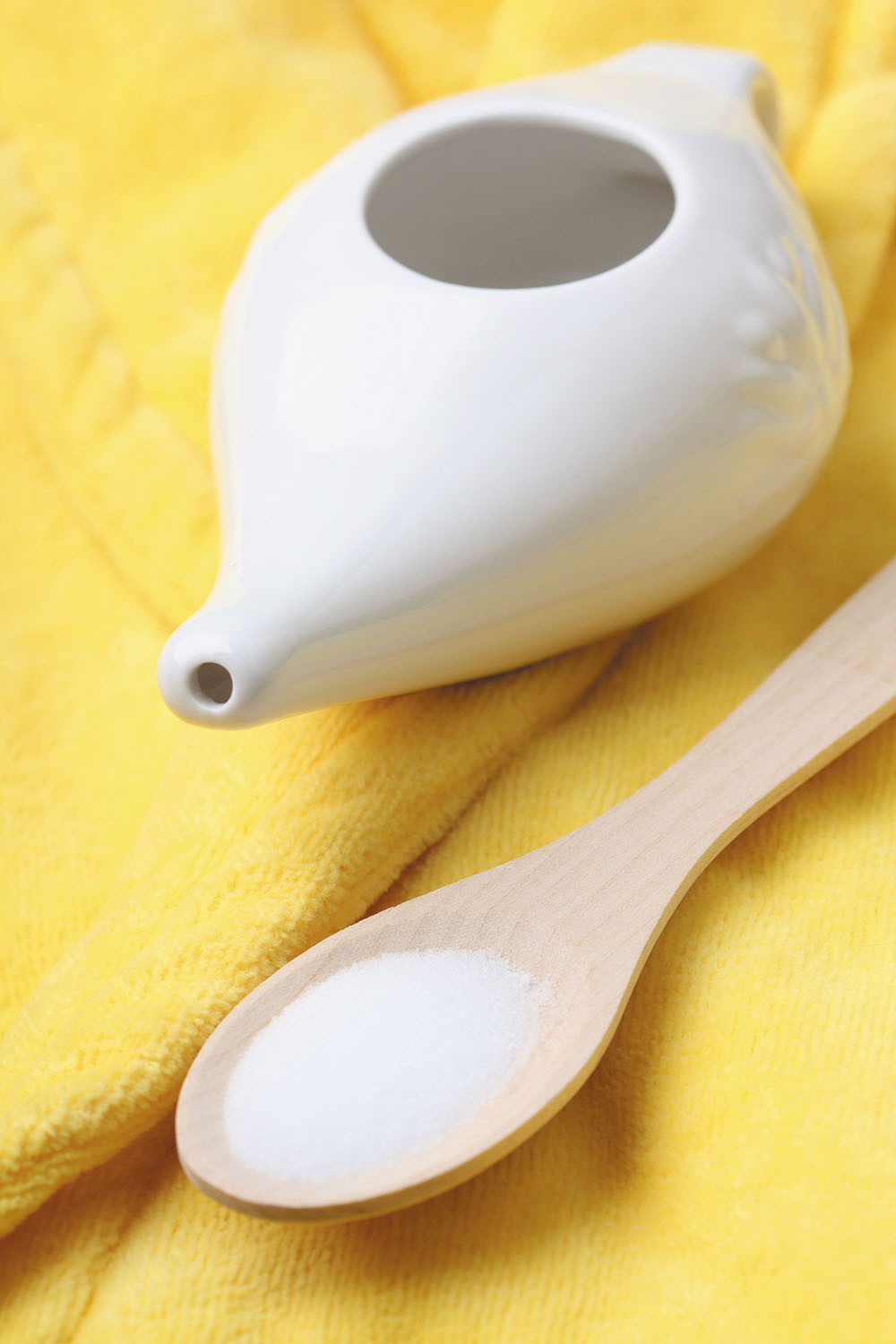
5 timeless habits for better health

What are the symptoms of prostate cancer?

Is your breakfast cereal healthy?

When pain signals an emergency: Symptoms you should never ignore

Does exercise give you energy?

Acupuncture for pain relief: How it works and what to expect

How to avoid jet lag: Tips for staying alert when you travel

Biofeedback therapy: How it works and how it can help relieve pain

Best vitamins and minerals for energy

Should you take probiotics with antibiotics?
Nose Archive
Articles
When are nosebleeds a problem?
Nosebleeds are common, and dry air is the most prevalent cause. Other triggers include allergies, blood-thinning medications, or a deviated septum. People with frequent, heavy nosebleeds may need evaluation for a more serious underlying condition.
Why do I choke on my saliva?
People may choke on their own saliva when talking quickly, laughing, or turning their head. Other causes include postnasal drip or dry mouth, which medications may trigger. Certain health conditions can also affect swallowing.
Ways to regain your sense of smell
People who lose their sense of smell due to a virus or another cause are advised to begin smell retraining therapy as soon as possible. The therapy involves sniffing a wide variety of odor-generating elements, such as lemons or oranges, flowery perfumes, peanut butter, eucalyptus, rosemary, cinnamon, pine, peppermint, or cloves. Each material should be sniffed once or twice a day, for 30 seconds to two minutes. While sniffing, it helps to think about the scent and recall moments of smelling it in the past. This process helps trigger odor particle recognition, which is deeply seated in the brain and must be stimulated to re-establish function.
Think fast: How does your face protect you?
Not only is our face our calling card to the world, its features evolved to mount immune system defenses, help ward off illness, and protect us in many ways. Our eyes, nose, mouth, and facial structure itself all contribute to our continued well-being.
What can I do about my nasal drip?
Daily persistent nasal drip or congestion is usually caused by chronic nonallergic rhinitis. Daily nasal irrigations and prescription nasal sprays are the recommended treatments.
Sniffing out sinus-related problems
Sinus problems are common, especially those caused by allergies, which affect some 40% of American adults. They often manifest as stuffiness, congestion, or a reduced sense of smell. Sinus problems most commonly fall into three categories: acute viral infections, allergy triggered inflammation, and chronic sinus infections.
Try this: The nose knows about nasal rinses
Rinsing your nasal cavity with a saline solution using a neti pot or small ball syringe can be a simple and inexpensive way to find relief from common sinus problems.
Bothered by a stuffed-up nose?
Several problems can block the passages on one or both sides of the nose. For example, allergies can inflame sensitive tissue inside the nose, reducing the space left for air to flow through nasal passages; a crooked wall (septum) separating the passages of the nose can block airflow, making it hard to breathe; and aging can cause tissues in the nose to sag, which can narrow nasal passages. Strategies to open nasal passages depend on the cause of obstruction. Treatments range from using nasal sprays to widening nasal passages with surgery.
You don't say? Why does your nose run in cold weather?

5 timeless habits for better health

What are the symptoms of prostate cancer?

Is your breakfast cereal healthy?

When pain signals an emergency: Symptoms you should never ignore

Does exercise give you energy?

Acupuncture for pain relief: How it works and what to expect

How to avoid jet lag: Tips for staying alert when you travel

Biofeedback therapy: How it works and how it can help relieve pain

Best vitamins and minerals for energy

Should you take probiotics with antibiotics?
Free Healthbeat Signup
Get the latest in health news delivered to your inbox!
Sign Up











